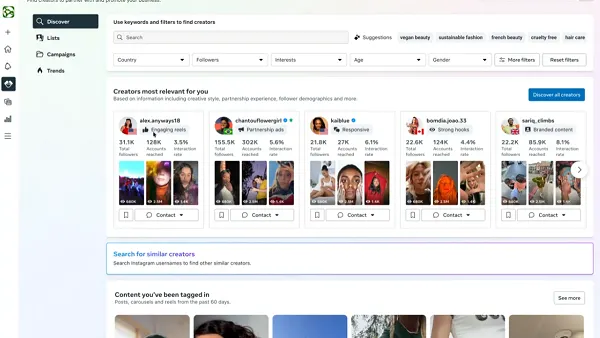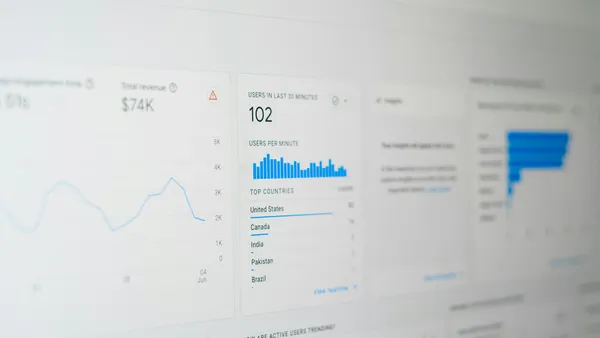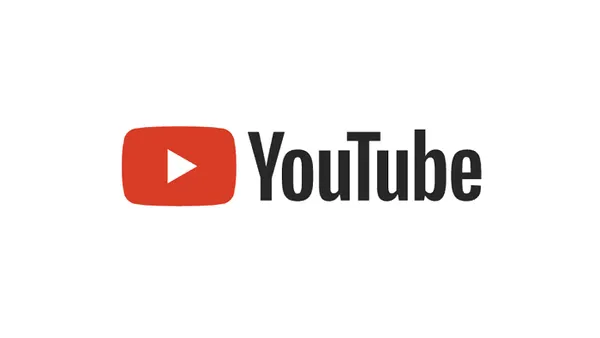The nature of commenting in social media is itself changing the way our conversations are interconnected. This change came about as comment aggregation services made it possible to build a reputation via commenting on a wide variety of blogs. First there were the plug-in aggregators like Disqus and IntenseDebate. These systems require the blog owner to add them to their platform and the commenter to register with the aggregator. Once registered any comments made on blogs using these systems would be aggregated on the source site. You can see other comments by a person you find interesting, regardless of whether you'd ever been to the actual blog post they reference.
The next iteration is BackType which does not require the blog owner to participate via a plugin. Their unique and IMHO, brilliant approach, is to track the URL that the commenter uses as an identifier when they post a comment. Commenters need to register at BackType but once registered virtually all of their comments are captured on the Backtype site. Participants offer a Profile and can be followed a la Twitter.
The reason this interests me is that it creates an entire new social layer that connects heretofore unconnected social sources. The commenters themselves become something you follow across a variety of places. What I've found interesting is how this builds personal reputation and has for me at least, somewhat replaced blogging as a way of expressing my opinion. Unlike Twitter, commenting has a threaded context (the post that started the conversation) and no limits on length. It includes the discourse elements of Twitter but goes further.
As an example, when forums were the primary conversations on the early web, certain participants became notorious on the forums where they were useful, disruptive and/or annoying presences. The commenting systems take this model and move it out of a narrow forum and into the entire social media eco-system.









